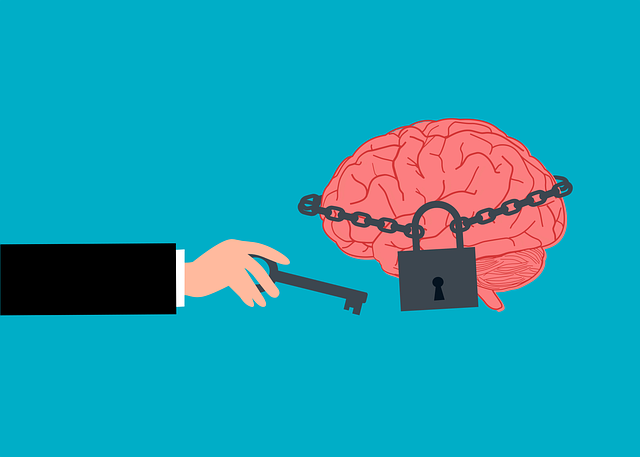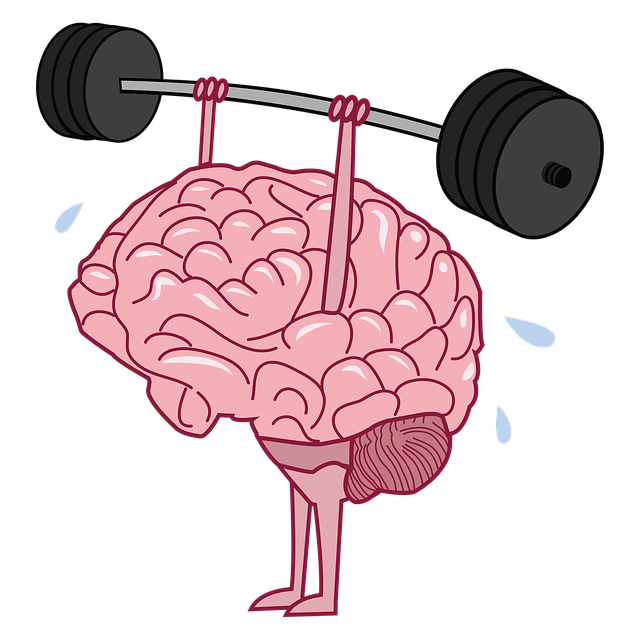Depression, a complex condition, arises from genetics, environment, and psychology. Triggers like stress and life changes can initiate episodes, with low self-esteem and anger management issues increasing risk. Centennial Anger Management Therapy (CAMT) offers a proactive approach by teaching healthy anger control strategies to prevent depression. Lifestyle habits such as exercise, sleep, and social connections also significantly enhance mood and prevent depression. Building strong support networks and cultivating emotional intelligence through CAMT foster resilience, effective stress management, and long-term mental well-being.
Depression is a prevalent yet profound mental health challenge, but proactive strategies can be life-changing. This article explores four powerful tools to combat depression and promote long-term wellbeing. We delve into understanding the triggers behind this complex disorder and introduce innovative solutions like Centennial Anger Management Therapy—a game-changer in emotional resilience. Additionally, discover lifestyle adjustments and support network building for enhanced mood and overall mental health.
- Understanding Depression and Its Triggers
- Centennial Anger Management Therapy: A Proactive Approach
- Lifestyle Adjustments for Mood Enhancement
- Building a Support Network for Long-Term Wellbeing
Understanding Depression and Its Triggers

Depression is a complex mental health condition that affects millions worldwide, often stemming from a combination of genetic predisposition, environmental factors, and psychological triggers. Understanding these triggers is a pivotal step in prevention strategies. Events like chronic stress, significant life changes, or even certain medical conditions can set off depressive episodes. For instance, individuals with low self-esteem or those struggling with anger management are at a higher risk, as unprocessed anger and negative self-perception can contribute to prolonged periods of unhappiness and disengagement.
Centennial Anger Management Therapy, for example, focuses on identifying and managing anger in healthy ways, which can be a powerful tool in depression prevention. By learning to recognize and control emotional responses, individuals can better cope with stressors and avoid the onset or exacerbation of depressive symptoms. Furthermore, cultivating mental wellness through self-care practices and self-esteem improvement is crucial. Engaging in regular exercise, maintaining a balanced diet, and prioritizing sufficient sleep are all evidence-based strategies that support both mental and physical health, fostering resilience against depression.
Centennial Anger Management Therapy: A Proactive Approach

Centennial Anger Management Therapy (CAMT) offers a proactive approach to depression prevention by addressing one of its common underlying causes: chronic anger and frustration. This innovative therapy focuses on teaching individuals effective strategies to manage their emotions, particularly anger, which can be a significant trigger for depressive episodes. By learning to recognize and control anger in CAMT, individuals gain valuable tools to navigate challenging situations without resorting to unhealthy coping mechanisms.
In the context of burnout prevention strategies for healthcare providers and those involved in demanding professions, CAMT is particularly relevant. Mental health education programs design can incorporate elements of this therapy to equip people with self-care practices that promote emotional resilience. Through practice, individuals become more adept at managing stress, preventing anger buildup, and fostering a sense of calm, all of which contribute to maintaining good mental health and averting depression.
Lifestyle Adjustments for Mood Enhancement

Adopting healthy lifestyle habits can significantly contribute to enhancing one’s mood and preventing depression. Regular physical activity, for instance, plays a pivotal role in boosting serotonin levels, often referred to as the ‘feel-good’ neurotransmitter. This simple yet powerful tool can help individuals break free from the cycle of negative thoughts and improve their overall mental wellness. Additionally, prioritizing quality sleep is essential; adequate rest allows the mind and body to rejuvenate, fostering emotional resilience.
Incentivizing positive social connections and cultivating gratitude practices are also effective lifestyle adjustments. Building a robust support network through meaningful interactions can mitigate feelings of loneliness and isolation, known risk factors for depression. Furthermore, incorporating mindfulness techniques, such as meditation or Centennial Anger Management Therapy, empowers individuals to develop emotional intelligence—the ability to recognize and manage one’s emotions effectively. This, in turn, promotes mental health awareness and equips people with valuable tools to navigate life’s challenges.
Building a Support Network for Long-Term Wellbeing

Building a strong support network is integral to long-term depression prevention and overall wellbeing. This involves cultivating meaningful connections with family, friends, and even communities that can offer empathy, understanding, and encouragement during challenging times. Engaging in open communication about mental health struggles early on fosters an environment of safety and non-judgment, encouraging individuals to seek help without fear of stigma or rejection.
Centennial Anger Management Therapy emphasizes the importance of Mind Over Matter principles for mood management. By learning effective self-care practices and coping strategies, individuals can better navigate stress and emotional triggers. This proactive approach empowers them to build resilience, foster positive relationships, and ultimately prevent depressive episodes from taking hold, leading to a more fulfilling and balanced life.
Depression prevention is a multifaceted approach that combines understanding one’s triggers, adopting proactive strategies like Centennial Anger Management Therapy, making positive lifestyle adjustments, and cultivating a robust support network. By integrating these strategies into daily life, individuals can effectively manage mood fluctuations and enhance long-term mental wellbeing. Remember, early intervention and a holistic view are key to prevention.












